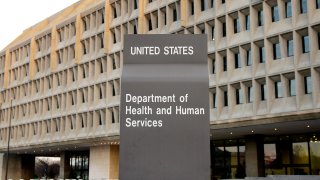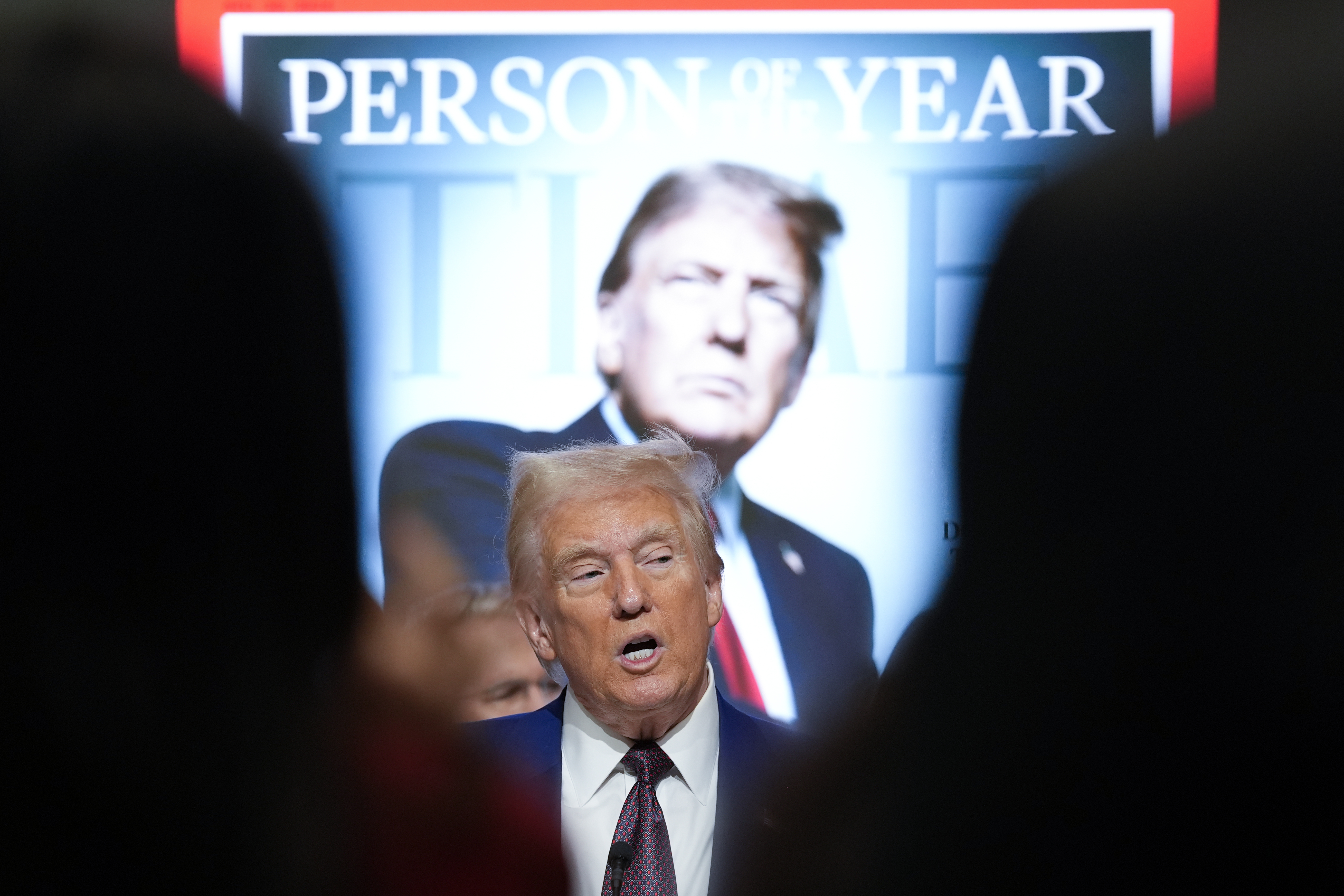
The government's main health agency is failing to meet its responsibilities for leading the national response to public health emergencies including the coronavirus pandemic, extreme weather disasters and even potential bioterrorist attacks, a federal watchdog said Thursday.
The nonpartisan Government Accountability Office said it is designating the Health and Human Services Department's leadership and coordination of public health emergencies as a “high risk” area for the government. While that designation carries no immediate penalties, it signals to Congress that lawmakers need to pay special attention to the agency’s operations.
Long-standing “persistent deficiencies” at HHS “have hindered the nation’s response to the current COVID-19 pandemic and a variety of past threats,” the GAO said in its report. "If left unaddressed, these deficiencies will continue to hamper the nation’s ability to be prepared for, and effectively respond to, future threats."
The shortfalls include managing the medical supply chain, coordinating with federal and state agencies and providing clear and consistent communication to the public and the health care community, the GAO said.
The report is part of the GAO’s evaluation of the government’s pandemic response. It was released as senators of both parties came out with draft legislation this week calling for a close study of the pandemic and an overhaul of HHS' capabilities.
Among the lawmakers' priorities are closer congressional oversight of the Centers for Disease Control and Prevention, an HHS agency, building out the supply chain and improving coordination from the top rungs of HHS. Some of those address issues raised by the GAO report.
The report did not assign blame to individual officials, in the current or past administrations.
Politics
Department spokesperson Sarah Lovenheim said in a statement that “we’re in a much stronger position than we were a year ago.” She added that “we look forward to reading GAO’s feedback on these important issues and sharing progress in this whole-of-government effort as we continue to work to ensure the American people are protected from future health-related emergencies.”
The GAO said that of 115 recommendations it has made to HHS over the past 15 years on public health emergencies, 72 have not been fully put in place.
Last year, the White House issued a plan for updating the pandemic response, but it was not couched in terms of fixing serious shortcomings. Instead, it called for improving public health capabilities to put them on par with the nation's military defense response.
Under both the Biden and the Trump administrations, HHS has taken a back seat to the White House in management of the coronavirus pandemic even though its scientists, doctors, disease detectives and service providers carry out most of the day-to-day work.
The GAO said it found “persistent deficiencies” in five main areas. They include establishing clear roles and responsibilities for federal, state and local agencies, collecting and analyzing data to inform decision-makers and providing clear and consistent communication to the public.
For example, the GAO said that the department has yet to address recommendations from 2020 for resolving supply chain issues, including the availability of diagnostic tests.
Increasing production of at-home COVID-19 tests has become a top priority for the White House in recent weeks.
The GAO concluded that data collection and analysis has been a critical weakness for the government since the start of the pandemic. As a result, decision-makers have had only a partial or late-evolving view of some developments.
As far back as 2010, Congress had required HHS to put in place a nationwide “public health situational awareness” surveillance system. But more than 10 years later that still has not been done, the GAO said, forcing policymakers to rely on data collected by thousands of state health departments and labs, and multiple federal agencies, with different capabilities and protocols for handling information.
The watchdog agency also found a pattern of “unclear and inconsistent communications” from HHS and its agencies in the context of public health emergencies, not only with regular citizens but with counterpart state and federal agencies.
During the COVID-19 pandemic many Americans have been befuddled by shifting guidance from the CDC as to what they can do to protect themselves and people they interact with.
“The American people have stopped listening to the CDC because of their confusing and conflicting guidance — justifiably so,” Sen. Richard Burr, R-N.C., said this week in releasing bipartisan legislation to overhaul the government's pandemic response.
Sen. Patty Murray, D-Wash., who wrote the measure with Burr, said “the pain of this pandemic is unforgettable, and we have a responsibility to make sure its lessons are unforgettable, too."



